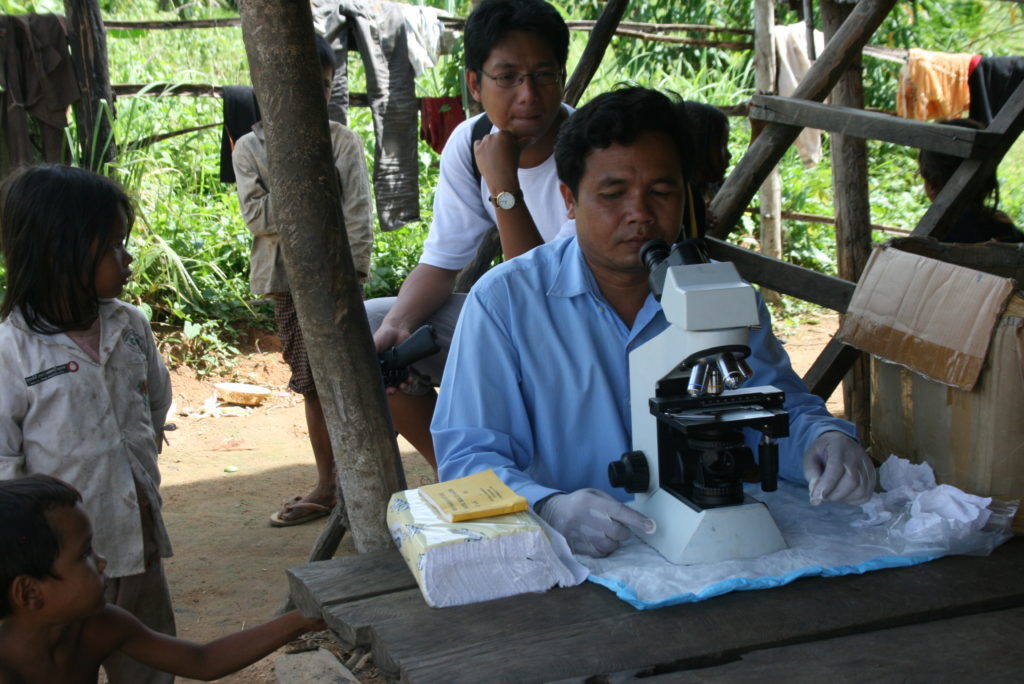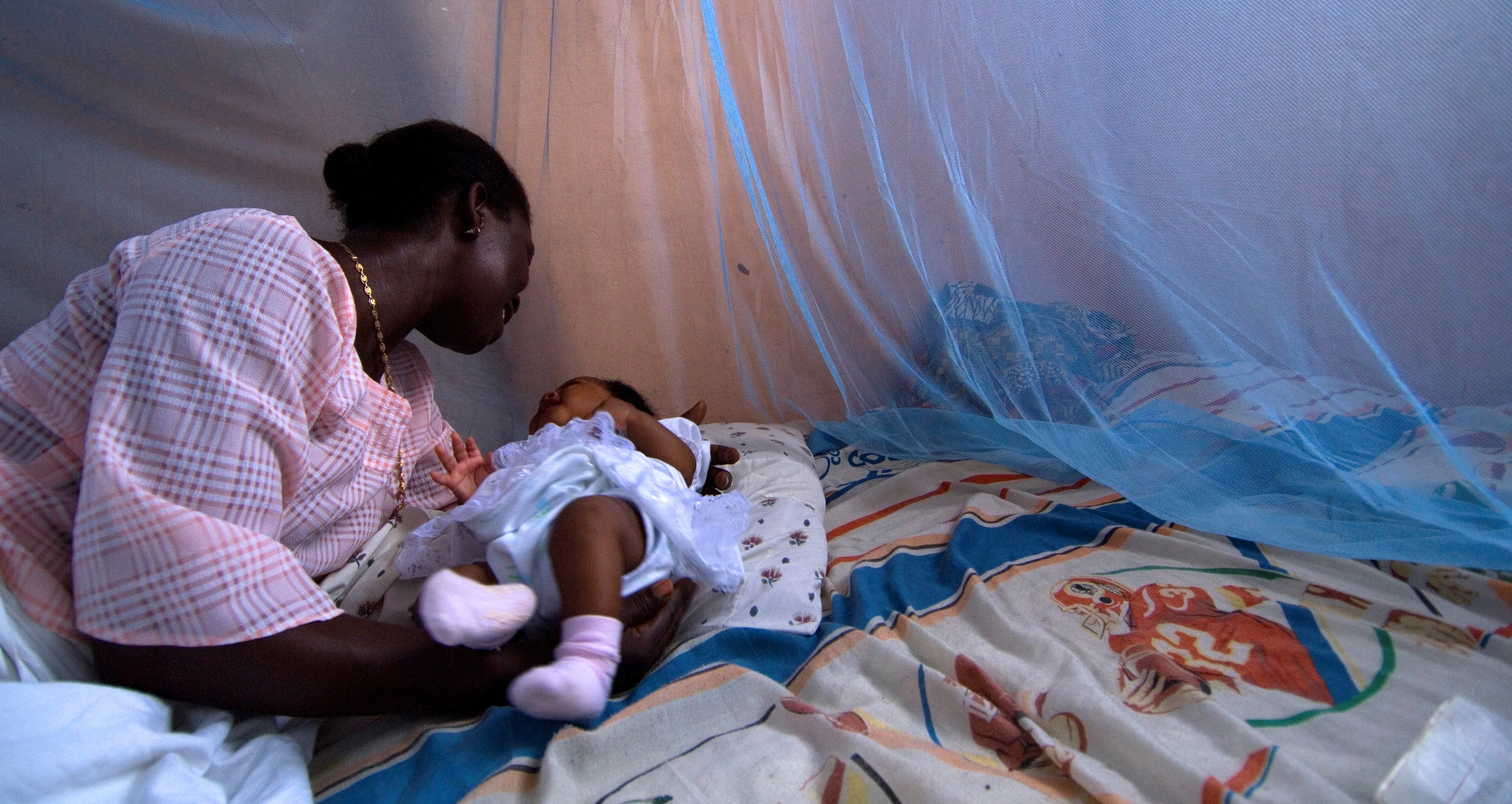This project brings together a global network of researchers to assemble global databases and develop innovative methods to better understand the global landscape of malaria risk. MAP provides data and information to inform global policy design and implementation. It has contributed to the WHO World Malaria Report and Global Technical Strategy (2016-2030). MAP receives funding from international donors (including Wellcome and MRC).
Efforts to control and eradicate malaria have focused on strengthening public health systems, increasing access to critical health services, and delivering life-saving medicines and resources.
The World Health Organisation (WHO) estimated that in 2017 there were 219 million cases of malaria worldwide, the vast majority in Africa (92%), and approximately 435,000 deaths from malaria. Children under five were most vulnerable, accounting for 61% of deaths. However, the number of malaria cases has dropped in recent years – WHO estimates there were 20 million fewer malaria cases in 2017 than in 2010
UK research provides leading contributions to malaria control and eradication efforts, through:
- Prevention strategies – encompass behaviour and infrastructure changes
- Control strategies – focus on gaining a better understanding of malaria epidemiology (its frequency, distribution, causes, and risks) to inform better planning
- Treatment strategies – include improving methods to detect malaria parasites and evaluating the effectiveness of treatments.
Influencing behaviour and infrastructure changes
UK research has identified prevention strategies that can lower transmission rates in malaria-prone regions:
- Hanging and re–treating insecticide-treated nets (ITNs): Researchers at Cochrane analysed 23 trials in Africa, Asia and Latin America revealing that ITNs reduce child mortality, saving between 3.5 – 5.6 lives per 1,000 children.
- Housing improvements and malaria risk: A study led by the University of Oxford examined how housing in sub-Saharan Africa could be modified and improved to lower malaria infections. Housing with metal roofs and brick or concrete walls can reduce mosquito entry.

Improving control strategies
UK funding has supported several major control strategy initiatives:
-
Malaria Atlas Project (MAP)
-
Tracking Resistance to Artemisinin (TRAC)
his initiative, funded by DFID and coordinated by the Mahidol Oxford Tropical Medicine Research Unit (MORU), mapped resistance to the antimalarial Artemisinin across Southeast Asia. TRAC insights will help enhance the efficacy of Artemisinin-based combination therapies (ACTs) in malaria-prone regions.

Improving the treatment of malaria
Medical research trials to improve the treatment of malaria have:
- Improved methods to detect and identify malaria parasites in human blood
- Evaluated the effectiveness of vaccines and drugs
- Identified human antibodies that prevent malaria parasites entering blood cells
Researchers at LSHTM trialled a new strategy, called intermittent preventive treatment in infants (IPTi), which involved administration of an antimalarial drug at specific times, regardless of the presence of malaria parasites. The trial showed it could reduce clinical malaria by 30%. WHO now recommends IPTi as a malaria control tool.
Current and future research
Almost 80% of the global malaria burden is concentrated in a small number of countries where additional support is needed to strengthen public health systems. UK research will need to address the challenge of inaccessibility by targeting resources where they are needed most.
UK research will also be critical in responding to the threat of increasing resistance to antimalarial drugs. Current initiatives include a large multi-centre trial across 5 Asian and 10 African countries, coordinated by MORU, studying two new malaria treatments.


